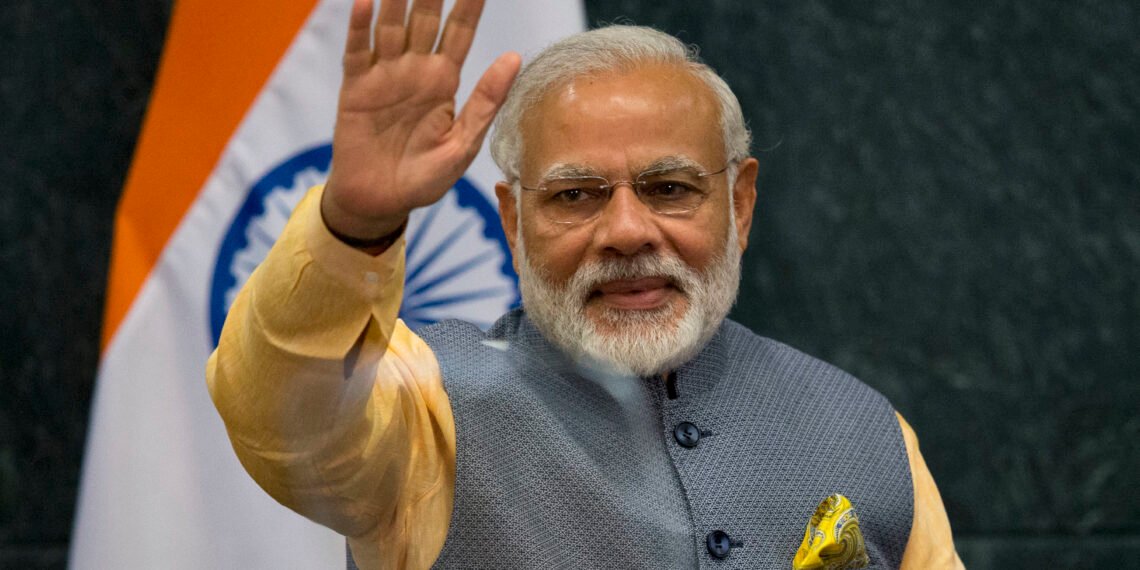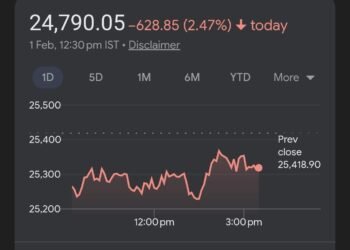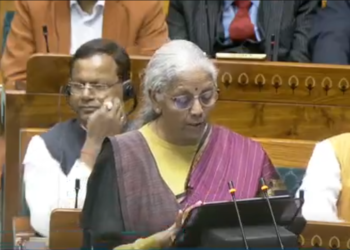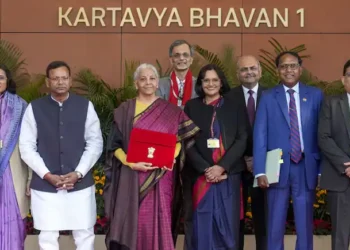Operation Sindoor marks a bold shift in India’s counterterrorism policy. With nine terror hubs neutralized in a single night, PM Modi declared the mission a symbol of courage, self-reliance, and a changing India.
BY PC Bureau
Prime Minister Narendra Modi, in his first “Mann Ki Baat” broadcast since the launch of Operation Sindoor, addressed the nation on Sunday with a powerful message against terrorism. Breaking from the usual tone of his monthly radio programme, the Prime Minister revealed images of terror camps demolished by Indian forces in Pakistan and Pakistan-occupied Kashmir (PoK), calling the operation a defining moment in India’s fight against cross-border terrorism.
The operation, launched on May 7, came in response to the April 22 terror attack in Pahalgam, Jammu and Kashmir, which claimed 26 lives. Investigations linked the assault to Pakistan-based terror groups, prompting India to act decisively. What followed was a swift and precise series of overnight missile strikes that took out nine terror hubs—four within Pakistan and five in PoK.
PM Modi hailed the mission as a reflection of a “new India”—bold, determined, and unapologetically assertive in defending its sovereignty. “Operation Sindoor is a symbol of our resolve, our courage, and a nation that refuses to stay silent in the face of terror,” he said.
Operation Sindoor has ignited a spirit of patriotism among people across India. It has also renewed our people’s quest to be self-reliant. #MannKiBaat pic.twitter.com/vXKXdC4seO
— Narendra Modi (@narendramodi) May 25, 2025
Among the key terror camps destroyed were:
- Gulpur Camp (Kotli, PoK): A Lashkar-e-Taiba base used to launch attacks in Rajouri and Poonch.
- Abbas Camp (Kotli, PoK): Known for training suicide bombers of the LeT.
- Barnala Camp (Bhimber, PoK): A hub for weapon, IED, and guerrilla warfare training.
- Markaz Subhan (Bahawalpur, Pakistan): The central command of Jaish-e-Mohammad.
- Markaz Taiba (Muridke, Pakistan): Lashkar-e-Taiba’s headquarters, linked to the 2008 Mumbai attacks.
- Additional camps in Sialkot and Muzaffarabad were also eliminated.
The name “Sindoor”—a red vermilion powder symbolizing commitment and protection in Hindu tradition—was deliberately chosen to evoke the spirit of sacrifice and defiance.
READ: Congress Urges PM to Act on BJP MP’s ‘Shameful’ Remarks
Modi emphasized that the operation was not a mere military retaliation, but a broader declaration of India’s readiness to confront terror head-on. “This mission was backed not just by our brave soldiers, but also by indigenous technology, firepower, and the spirit of Aatmanirbhar Bharat,” he said, crediting India’s growing self-reliance in defense manufacturing for the success.
In the days that followed, Pakistan launched a retaliatory missile and drone attack, which was successfully intercepted. India responded with targeted strikes on Pakistani airfields. A ceasefire came into effect on May 10, halting the escalation.
Calling the operation a turning point, PM Modi said the strikes had sent a strong message globally and had energized the international campaign against terrorism. “The entire country stands united—angry, resolute, and determined. This is a new era in India’s security doctrine,” he concluded.
Let me know if you’d like this version turned into a press release format, headline-based summary, or speech script adaptation.













